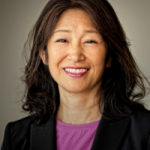Co-founders
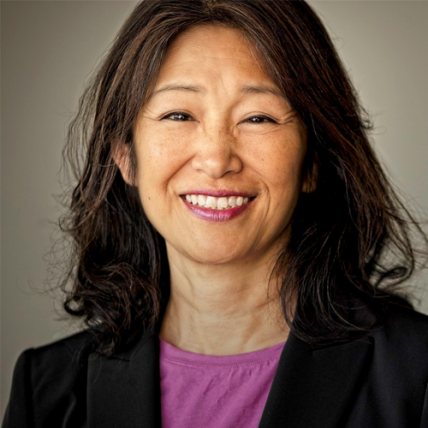
Naoko Ellis
Naoko is curious about how systems beings allow learning and training to occur in various contexts. She continues to explore engineering education and collaborative forms of research through the lens of systems beings.
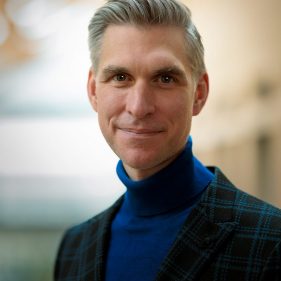
Derek Gladwin
Derek is interested in how we can cultivate our capacities to hold space for complexity and uncertainty. Drawing on systems literacy perspectives, he considers systems beings as a way to foster holistic perspectives on complex issues to co-create more generative futures.
Core researchers
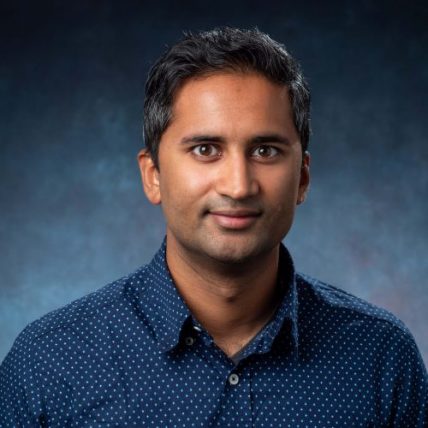
Pranav Chintalapati
Pranav is interested in exploring relationships between the systems perspective, reflection and experiential learning to enhance engineering education and the development of engineering graduates. He draws on his experience in the application of systems approaches for sustainable water access in under-resourced contexts.
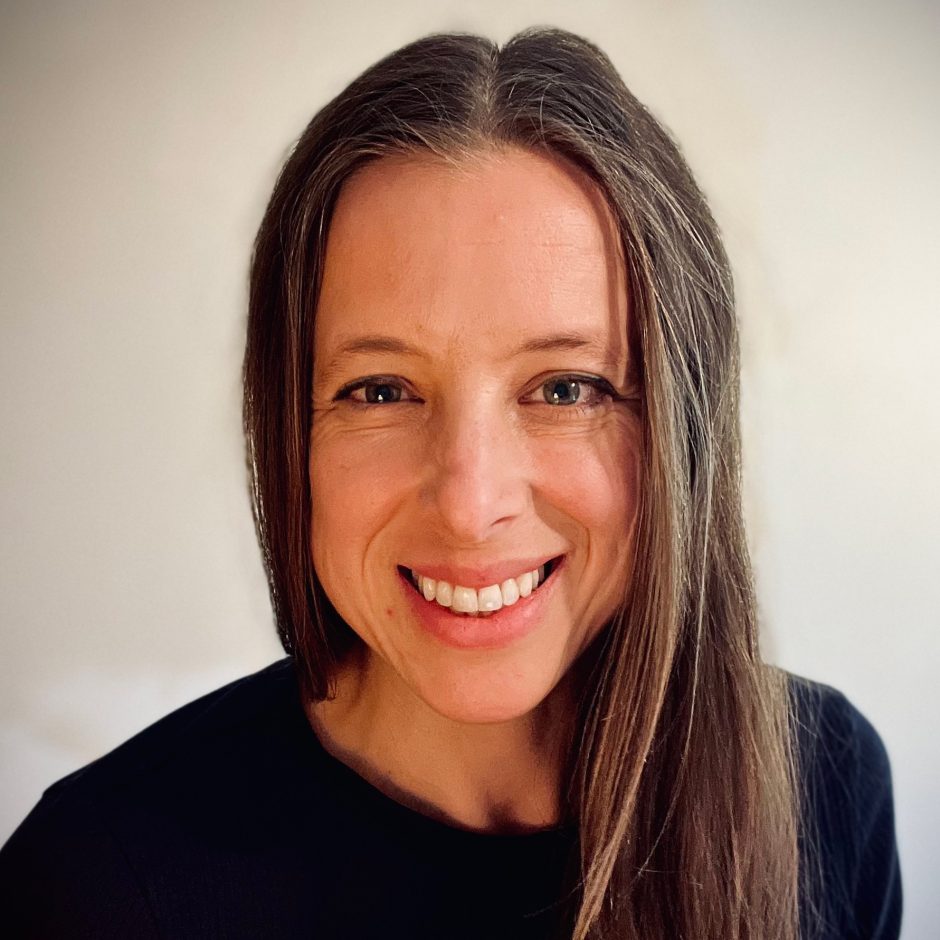
Rachel Horst
Rachel explores the rich confluence of technology, creativity, narrative understanding, and dynamic futures literacies in the context of education. She seeks to understand systems beings through a posthumanist lens via creative and onto-aesthetic experimentation with speculative technologies, ongoing developments in artificial intelligence, and ecosophical futures imaging.
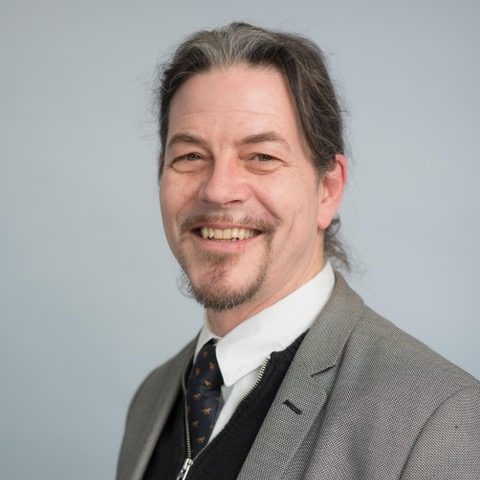
Kedrick James
Kedrick is fascinated by changes in the field of literacy education and how systems beings are able to work with, expand on or resist processes of automation and creative or generative AI. His work is specific to connections between physical/material systems / ecologies and information ecologies arising out of discourse practices.
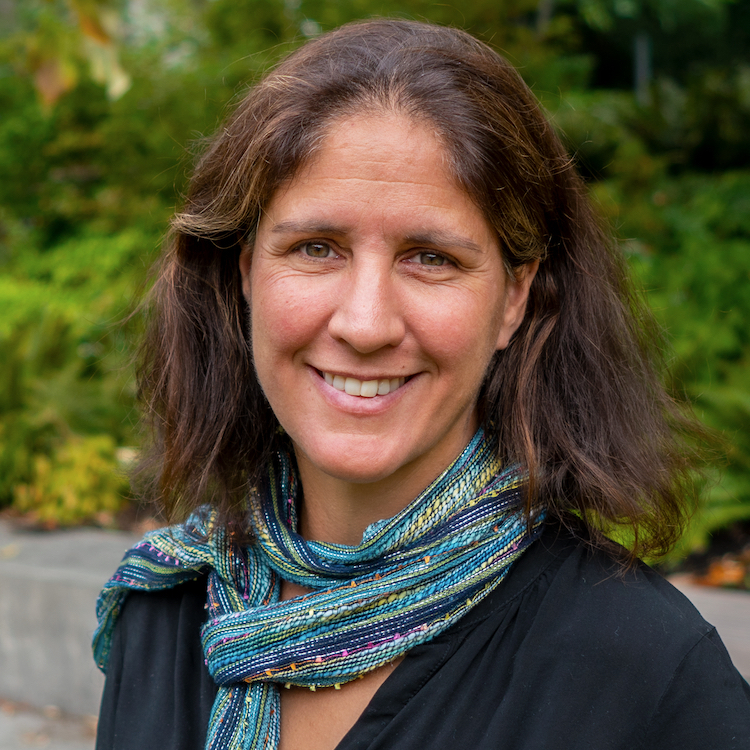
Michele Koppes
Michele is fascinated with all components of geomorphic change, particularly the loss of ice, the imprints of humans on the landscape and how we process and adapt (or maladapt) to landscape change. Her research focuses on how glaciers, landscapes, and the people who dwell within them are responding to ongoing climate change.
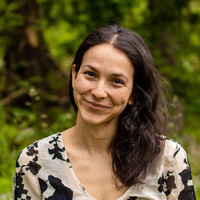
Sharon Stein
Sharon is oriented by questions about how education can prepare people to respond to ‘wicked’ social and ecological problems in relevant, responsible, and reparative ways. As a white settler scholar, she is particularly committed to developing frames of inquiry and pedagogical practices that can support settlers to interrupt harmful and unsustainable habits of knowing and being, and develop deeper forms of self-reflexivity and relational rigour.
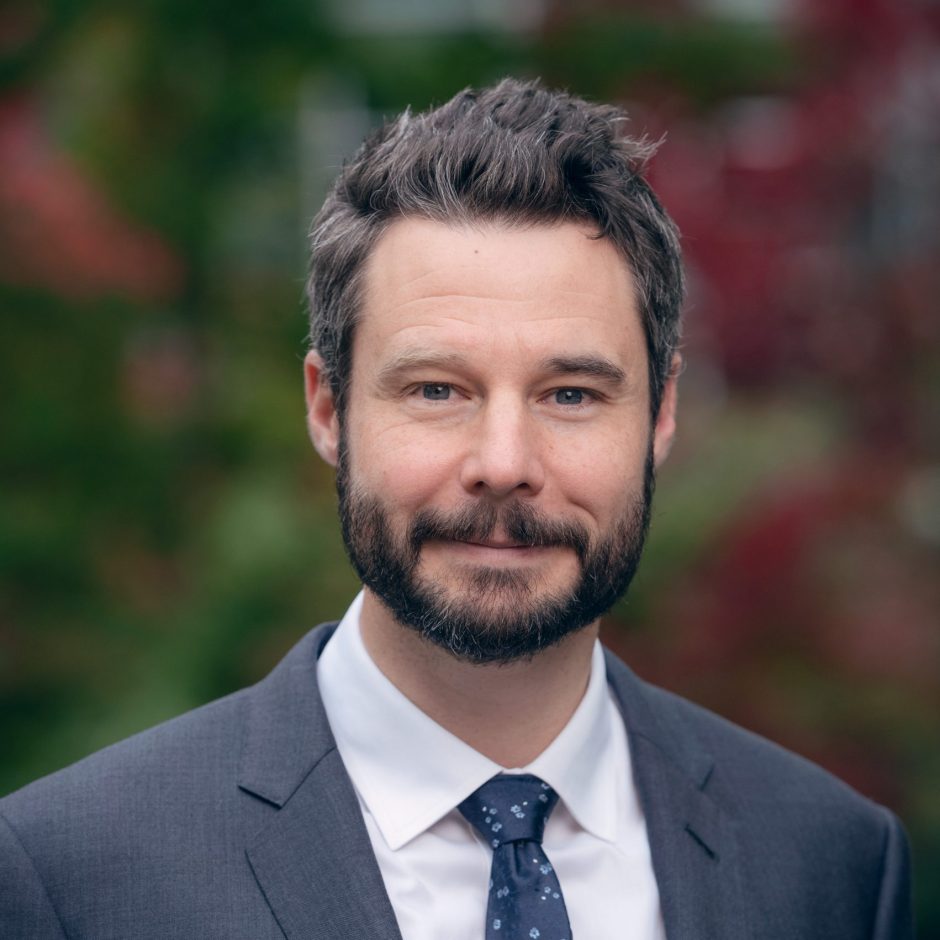
Will Valley
Will is curious about sustainable food systems education, food justice pedagogy, and urban agriculture. He focuses on identifying common curricular and pedagogical innovations within sustainable food systems education programs in order to analyze, collaboratively evaluate, and improve stakeholder experiences and outcomes (e.g. students, community members, and instructors).
Collaborators
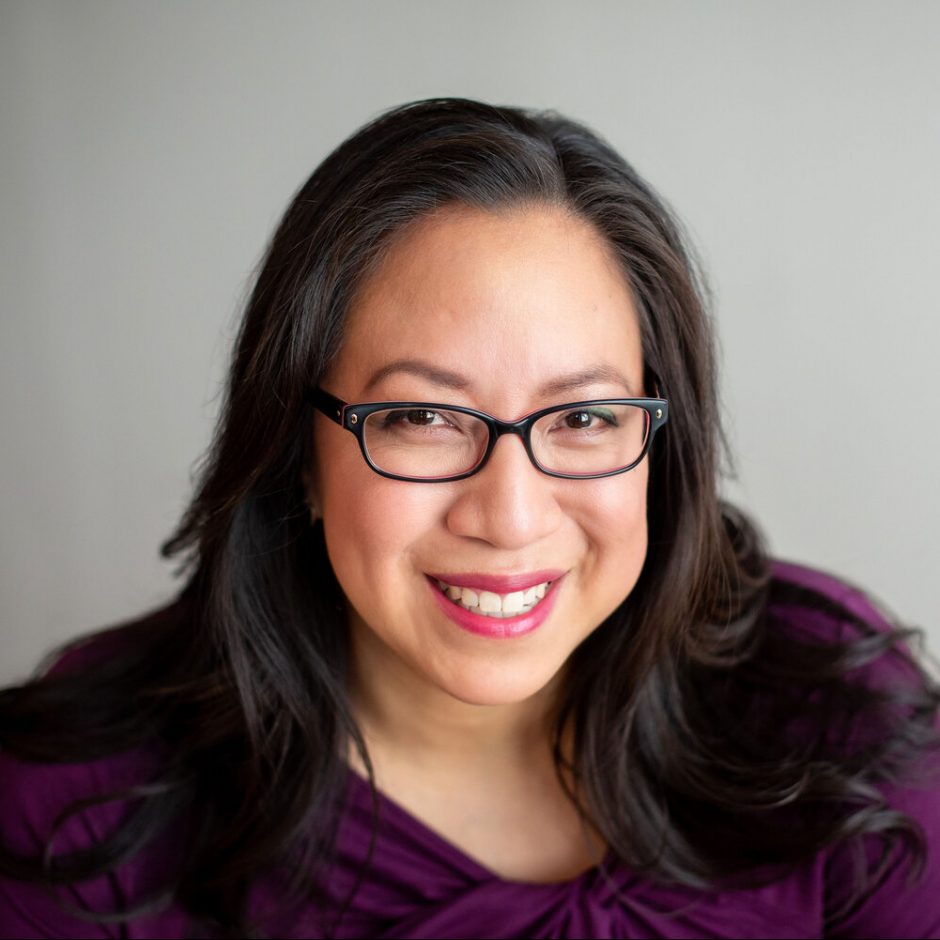
Danielle Ignace
Danielle is an enrolled member of the Coeur d’Alene tribe and an ecophysiologist studying the impacts of climate change, fire, and introduced species on ecosystem health and Indigenous communities. She seeks to amplify Indigenous voices, perspectives, and knowledges in the climate and nature emergency dialogue. Danielle takes a holistic approach to developing Indigenous curriculum and fostering distinctive collaborations to understand and communicate pressing environmental problems.
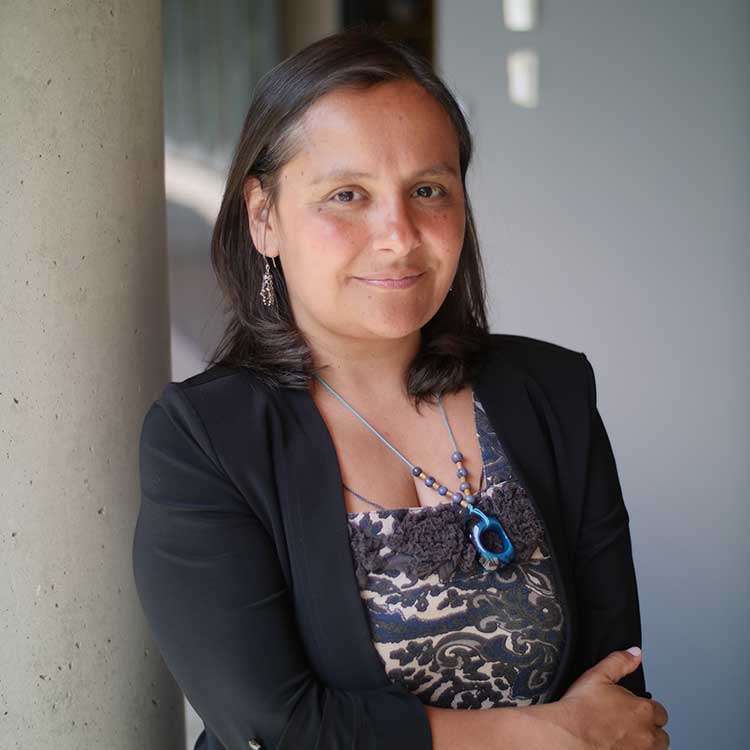
Vanessa Andreotti
Vanessa is interested in how education can get us out of the merry-go-round of approaches to climate and social change that reproduce paternalistic forms of inclusion of marginalized populations, simplistic solutions to complex problems and ethnocentric ideals of sustainability, justice and change. She is experimenting with educational approaches that build the intellectual, affective and relational muscles that can collectively enable us to navigate VUCA (volatility, uncertainty, complexity and ambifuity) and to learn from past and ongoing mistakes, so that we can make only different mistakes, and open up the possibility for different futures to emerge.
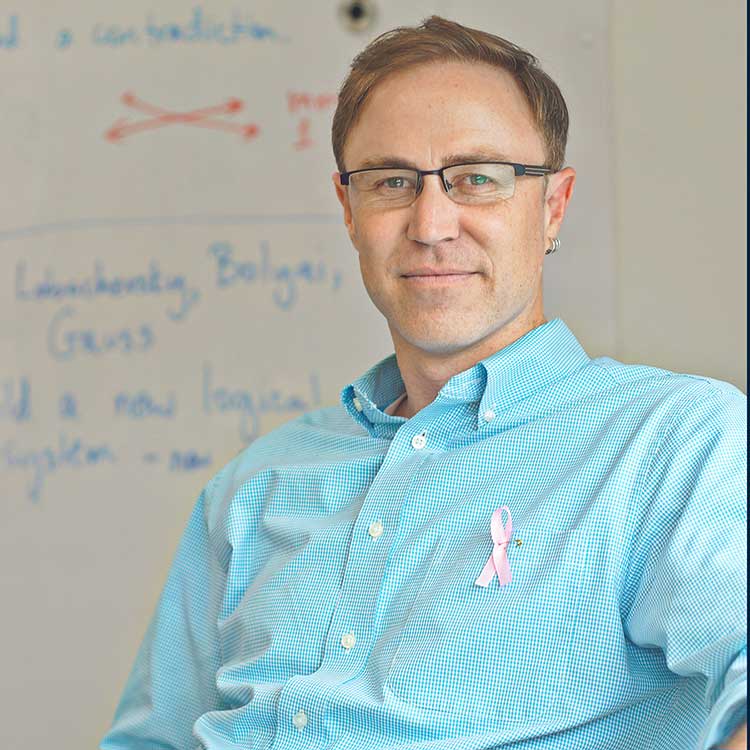
Ryan Derby-Talbot
Ryan Derby-Talbot is interested in educational environments where learners engage in direct experience and decision-making far beyond the constraints of traditional classrooms and curricula. He seeks learning experiences that prompt shifts in understanding as a result of direct experience through problems, responsibilities, and inquiries.
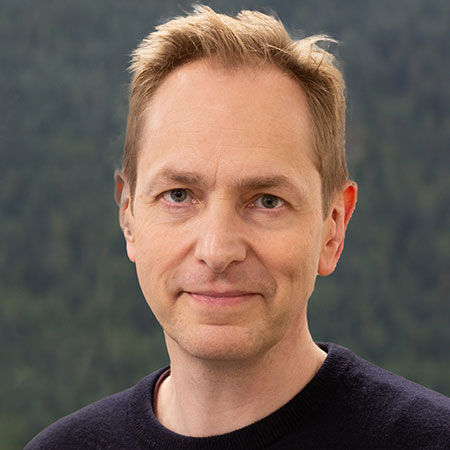
Graham Long
Graham advises government agencies that make decisions about complex and controversial environmental issues, such as endangered species recovery planning, water use planning and large infrastructure planning. Using tools derived from the decision sciences and behavioural economics, he facilitates structured decision making processes that help First Nations organizations, other levels of government and stakeholders organize rich discussions that are bounded by the best available information on the limits of a physical system.
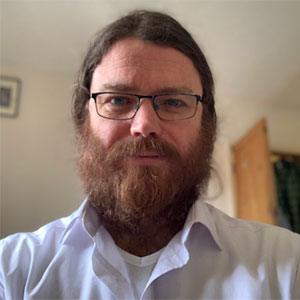
Dai Morgan
Dai is keen to understand how we can support each other in becoming change agents for a better world. He works with engineers to recognise help them recognise the possibilities they hold as change agents, and how they might work effectively towards better outcomes. A key tension in his work is between the urgency of the challenges we face, and the challenge of engaging effectively with the complexity of the systems we seek to change.
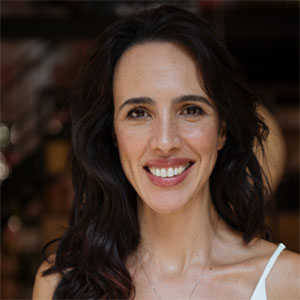
Celiane Camargo-Borges
I am an intercultural or multi-cultural person. I was born and raised Brazilian, moved as a young adult to England to learn the language and from there, in my typical mode of curiosity, I discovered a world outside of Brazil and have never stopped moving and exploring – after England, my next step was to the USA for my PhD and then on to Taiwan, Singapore and finally to The Netherlands. All these movements, and the intertwined experiences that have accompanied them, have given me the expertise to work with diversity within international teams, as well as to grow an international network where I collaborate developing projects for social impact in communities and organizations. I work at the interface of psychology, design thinking, imagineering, social innovation and life-long learning. As a researcher I work with participatory approaches such as action research, arts-based research, narrative research and future-forming research.

Chris Brookfield
Chris Brookfield is a designer, author and former professional investor. He has collaborated in the early stages and formation of dozens of organizations that include companies, non-profits, and movements in areas such as impact investing, communications networks, venture capital, climate adaptation, resilient food systems, education, and many essential services for the poor. For the past two decades he has focused his applied work with edge communities which are far removed from mainstream systems and power. His design approach, outlined in Field Notes From Systems Change, is guided by principles of networks, complexity science, non-dual, and holistic systems.
